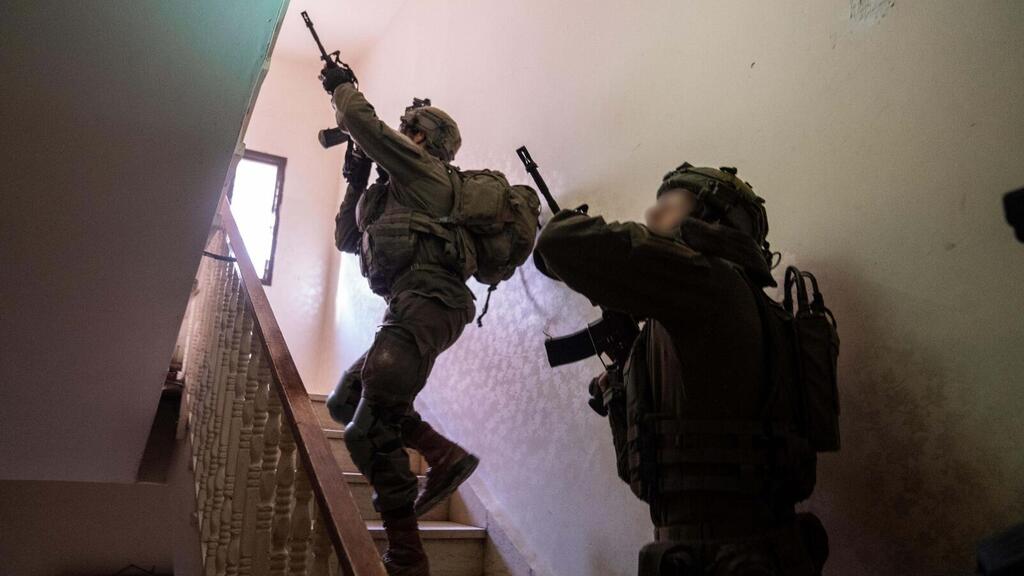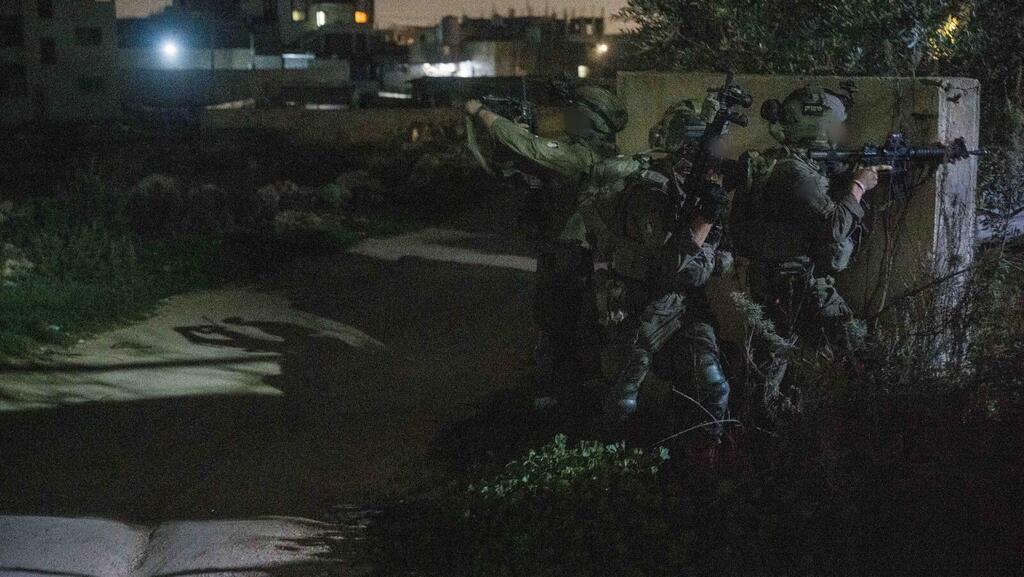The four explosive devices planted on buses Thursday night, set to detonate the next morning, marked an exceptionally dangerous terrorist attack. Islamic State-style attacks largely inspired a multi-target assault of this nature, and the fact that the Shin Bet failed to thwart it raises concerns — not because it suggests incompetence, but because even the most efficient intelligence agency occasionally misses threats.
Such an event justifies taking extraordinary measures to deter perpetrators and close intelligence and security gaps that allow these attacks to occur. Possible responses include bolstering technological and human intelligence efforts, reinforcing the separation barrier with more difficult-to-breach fences or walls, and intensifying offensive operations in terrorist hotspots in northern Samaria. Additionally, preventive measures must be implemented throughout the West Bank, even in areas that appear relatively calm. The security barrier should be reinforced more effectively, and equal effort must be invested in sealing the eastern border with Jordan to prevent weapons smuggling.
Terrorism behaves like water — it always finds a way through cracks. Israel must stay one step ahead with a complex mix of intelligence and operational strategies that serve as a dam against it. Instead, the government is employing a blend of necessary counterterrorism measures and excessive collective punishment. The problem is that the latter — impacting not only terrorists but also civilians with no involvement in terror — could backfire and harm Israel significantly.
This approach carries far-reaching consequences beyond its immediate impact on civilians. It will erode Israel’s international legitimacy, prevent Palestinian workers from entering Israel, and weaken the Palestinian Authority in three key ways: economically, politically and by undermining its security forces. If the current trajectory of collective punishment — driven largely by political motives — continues, Israel could face a third intifada within months. Unlike the second intifada, characterized by suicide bombers, the next wave of violence could involve sophisticated explosive devices within Israel’s borders and on West Bank roads. Methods of bomb placement and concealment would become increasingly advanced and deadly.
Israel must learn from history. A glance at the Algerian War of Independence (1954–1962) offers a stark warning. This is not to equate the situation in the West Bank with colonial France’s withdrawal under Charles de Gaulle, nor to liken West Bank settlers to the pieds-noirs. But in response to the FLN’s brutal guerilla war, the French waged their own ruthless counterinsurgency, including torture, mass village destruction and collective punishment that alienated even uninvolved Algerians.
Historical comparisons must be made cautiously, and conclusions are never absolute. But there is legitimate concern that escalating collective punishment of Palestinians in the West Bank - designed to appease settlers - could fuel, rather than quell, guerilla warfare and terrorism.
Against this backdrop, Katz’s declaration that 40,000 residents of the Jenin and Nur Shams refugee camps will be barred from returning home for a year is a dramatic step in the wrong direction. A more effective strategy would be to maintain continuous offensive operations — airstrikes, bomb disposal with bulldozers, and daily raids — while allowing civilians to remain. Uprooting tens of thousands, many of them young men, will only push them toward terrorist groups.
Get the Ynetnews app on your smartphone: Google Play: https://bit.ly/4eJ37pE | Apple App Store: https://bit.ly/3ZL7iNv
It is highly plausible that Katz and Netanyahu, who approved the move, are seeking to permanently empty these camps, which have long evolved into large urban neighborhoods. This would force residents to resettle across the West Bank or emigrate voluntarily — a strategy reminiscent of the IDF’s actions in northern Gaza during Operation Iron Swords. In Gaza, however, the mass displacement was a temporary measure aimed at pressuring Hamas to release hostages. In the West Bank, thankfully, there are no hostages, and there is no justification for applying similar pressure on civilians. Experience shows that such pressure does not deter terrorists; rather, it strengthens their resolve.
Netanyahu and his inexperienced defense minister should reconsider their counterinsurgency strategy in the West Bank. The current approach — erecting countless roadblocks that do little to enhance security but significantly fuel resentment, deploying tanks unnecessarily in refugee camp operations to project strength (not against Palestinians, but to appease Jewish settlers demanding ever-harsher measures) — is deeply flawed.
Ultimately, the real goal of these harsh measures is to drive Palestinians out of the West Bank permanently and secure Israeli control. This aligns with Smotrich’s 2017 "Decisive Plan," which envisions Jewish sovereignty over the entire area through demographic engineering.
If the objective is to combat guerilla warfare and terrorism, Israel should take cues from Operation Defensive Shield during the second intifada: strike hard initially, then gradually ease off. The IDF has a large fleet of D9 bulldozers — over 100 more on the way — and in urban warfare, bulldozers are far more effective than tanks. Tanks should be reserved for special missions, just like armed drones and attack helicopters. The most effective operations in refugee camps should rely on bulldozers and elite units, with continuous, aggressive action rather than a permanent military presence, which is both vulnerable and ineffective.





